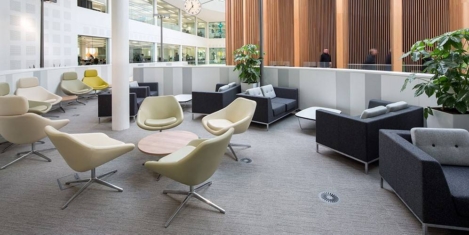February 2, 2017
1 in 10 UK workers has already ‘pulled a sickie’ and had a duvet day this year 0
 We’re only just out of January but new research claims that one in ten employed Britons in the UK has already pulled a sickie from work in 2017. The poll by online travel agency www.sunshine.co.uk also looked into previous bogus sick leave and found that 21 percent of grown adults have had a parent, partner or friend call in sick for them so that they didn’t have to on a past occasion. Respondents answered questions about any time they’d taken off sick from work in the last 12 months, were asked ‘How frequently have you taken sick days from work over the past year?’, the majority (57 percent) said ‘once a month’. 22 percent said ‘hardly ever’ and 16 percent said ‘only once or twice’. Everyone was then asked how many of the sick days they took were false (i.e. they weren’t genuinely unwell when they called in sick). From this, the research suggests approximately 1 in every 4 sick days taken by Britons is a false ‘sickie’.
We’re only just out of January but new research claims that one in ten employed Britons in the UK has already pulled a sickie from work in 2017. The poll by online travel agency www.sunshine.co.uk also looked into previous bogus sick leave and found that 21 percent of grown adults have had a parent, partner or friend call in sick for them so that they didn’t have to on a past occasion. Respondents answered questions about any time they’d taken off sick from work in the last 12 months, were asked ‘How frequently have you taken sick days from work over the past year?’, the majority (57 percent) said ‘once a month’. 22 percent said ‘hardly ever’ and 16 percent said ‘only once or twice’. Everyone was then asked how many of the sick days they took were false (i.e. they weren’t genuinely unwell when they called in sick). From this, the research suggests approximately 1 in every 4 sick days taken by Britons is a false ‘sickie’.








































